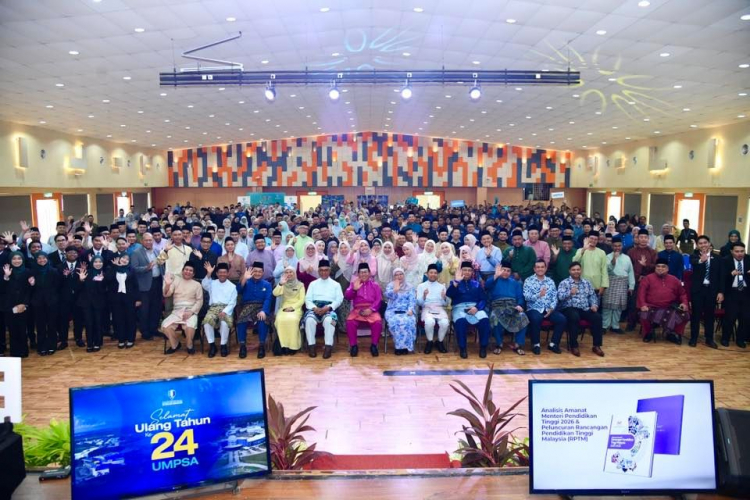UMPSA’s SULAM fosters sustainable community
Service Learning Malaysia-University for Society (SULAM) incorporates both curricular and co-curricular approaches to serve and educate. SULAM does not simply involve community involvement or volunteer work, but rather, it is a planned and purposeful process of learning that is based on eight principles:
• The project is connected to Student Learning Outcomes (SLOs)
• The project is connected to course content and those connections are discussed during class time
• The service activities are organised and executed with the community partner, not for or to the community partner
• The community partner is a non-profit
• Students and lecturers do not receive payment for their service
• There is a reflection component included in the assignment
• Students conduct a significant number of hours serving the community partner (20 hours over a semester is recommended)
• The service activities are a graded required (or in some cases optional) component of the course
There are four methods for conducting SULAM, including direct SULAM, indirect SULAM, advocacy SULAM, and research-based SULAM. SULAM was implemented at UMPSA in 2019, where it was initially assigned to Malaysian Studies (UHE3182). After a semester, the responsibility of SULAM was transferred to the Dean of Students Development of Student Affairs before it was returned to the Students Affairs and Alumni Department (JHEPA). Starting in 2023, SULAM is transferred to the Academic and International Affairs Department (JHEAA), with the Center for Human Sciences serving as the secretariat. The SULAM project had a positive start, as two faculties conducted SULAM in Semester II 2022/2023 via courses of their choice. The Faculty of Electrical and Electronics Engineering Technology (FTKEE) and Faculty of Industrial Management (FPI) proactively took the challenge of addressing the related needs of the community as outlined by SULAM.
A course on Collegiality Interaction and Management (BVE2433) was offered at FTKEE under the course coordinator Ts. Dr. Mohd Shafie Bakar. The project titled “Tahu STYLE dengan MSWord” was carried out by Prudential Kuantan and Team Training MZJ FM for 80 orphanages of Persatuan Kebajikan Anak Yatim Pahang (PEKAYA). As part of the PEKAYA orphanage association, orphans from Permata Al-Insyirah, Permata Camar, Rumah Anak Yatim & Fakir Miskin Baitul Husna, Rumah Anak Yatim Darussalam, Permata Kauthar, INSTAR, and Maahad Tahfiz Tanjung Lumpur were included.
There was a shortage of skills in handling basic MS Word among participants that had been addressed. The project aimed to provide participants with learning experiences in integrating the knowledge they acquire with short courses in ICT, particularly MS Word, at the intermediate level and is in line with the challenges addressed. In accordance with the needs of SULAM, the assessment process included reflective writing during the planning, implementation, and post-implementation phases. In addition, students enrolled in BVE2433 acted as facilitators during the project. They gained valuable insight into their experience where they played a crucial role in guiding and scaffolding the participants’ learning process. The impact of the project was measured by comparing participants’ pre-test results with those post-test results and determining whether participants’ comprehension and knowledge had increased. In light of this, the experience and knowledge gained from learning how to correctly handle Word documents and templates in MS Word enabled participants to enhance their knowledge of handling intermediate-level MS Word documents.
In the course of Business Information System (BIS1153), another SULAM project was conducted by FPI at Pusat Pemulihan Orang Kurang Upaya (OKU) Kampung Aur Telong, Kelantan, under the direction of Dr. Noridayu Mah Hashim. This community faces the challenge of improving its financial performance, as its profit margins are unsatisfactory, with its products specialised in the bakery and furniture industries. This challenge is due to ineffective promotional activities that failed to engage consumers and persuade them to purchase the product. The goal of this project was to create promotional content for the product to be marketed through social media platforms such as Facebook, TikTok, Shopee, and Lazada. This approach resulted in positive outcomes for disabled persons as the digital content created by students made the operations of the centre more sustainable.
The two projects were deemed to be impactful on the students, community, and university in a dyadic manner, whereby a positive outcome was obtained for all parties. The benefits of the programmes came through the transfer of valuable knowledge and skills, the development of social capital, and the growth of personal potential. SULAM UMPSA is a catalyst for a sustainable community. It makes sure the spirit of helping the community is kept alive. In addition to providing opportunities for students and the community to collaborate for a better future, it serves as a platform for the university to demonstrate its commitment to social responsibility.
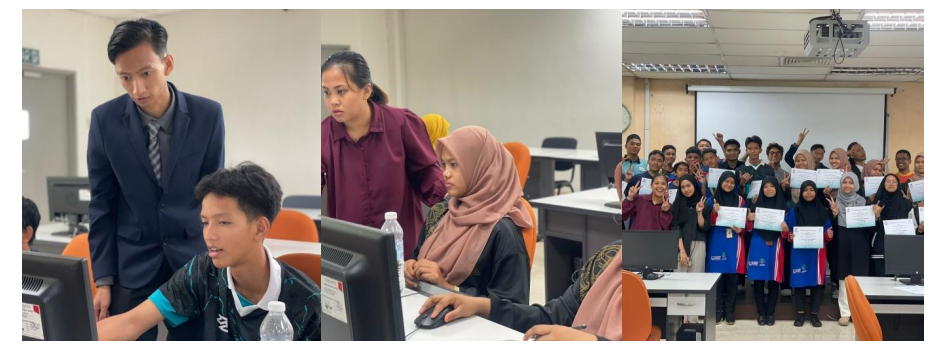
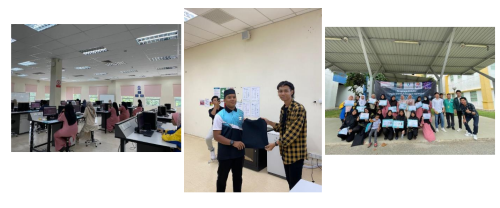
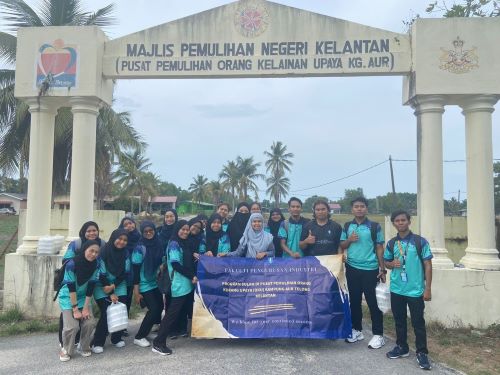
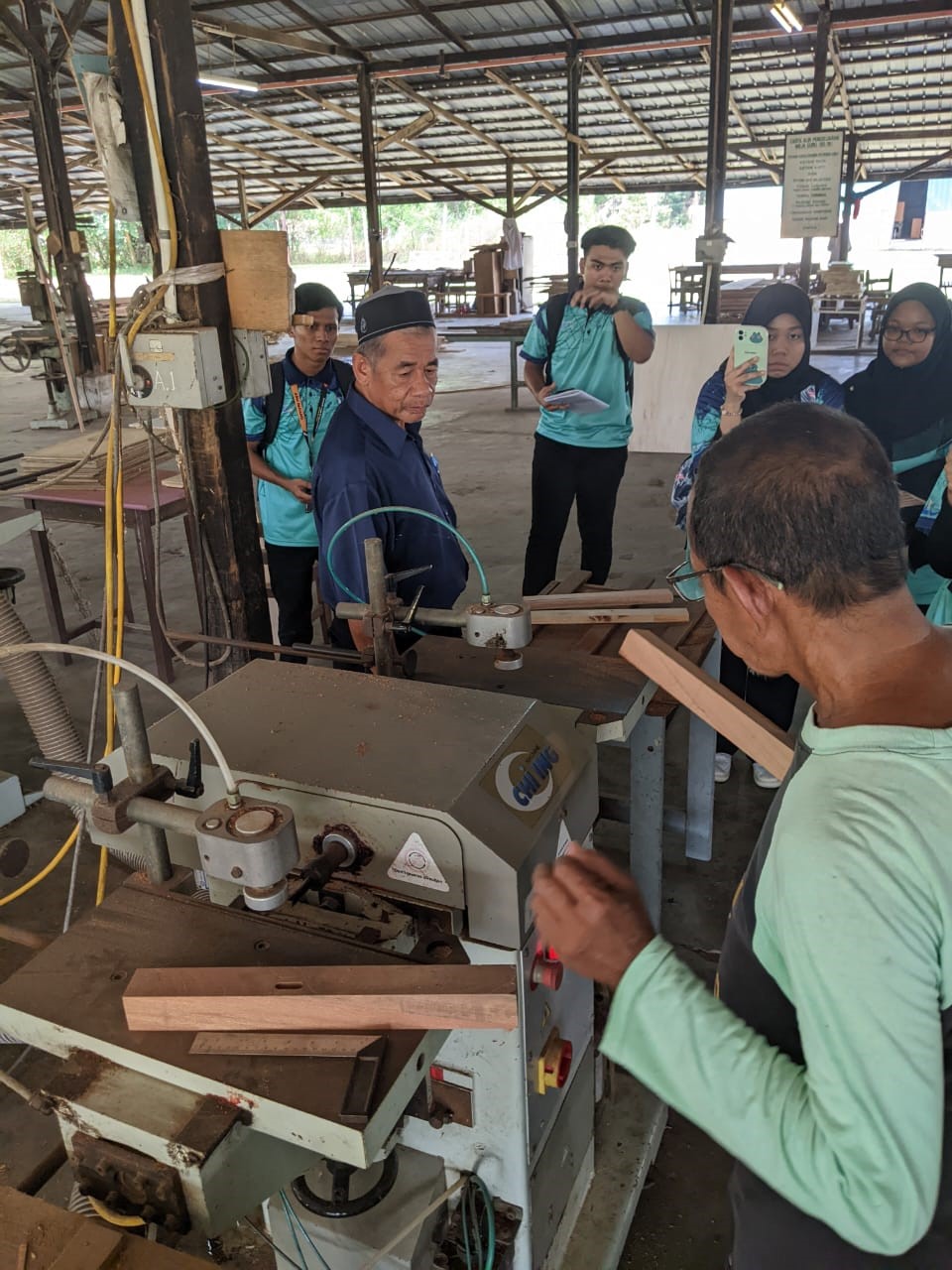
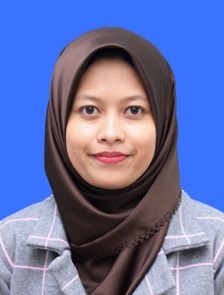
The writer is a Senior Lecturer at the Centre for Human Sciences and the SULAM Coordinator, Universiti Malaysia Pahang Al-Sultan Abdullah (UMPSA).
Email: hadijah@umpsa.edu.my
- 254 views


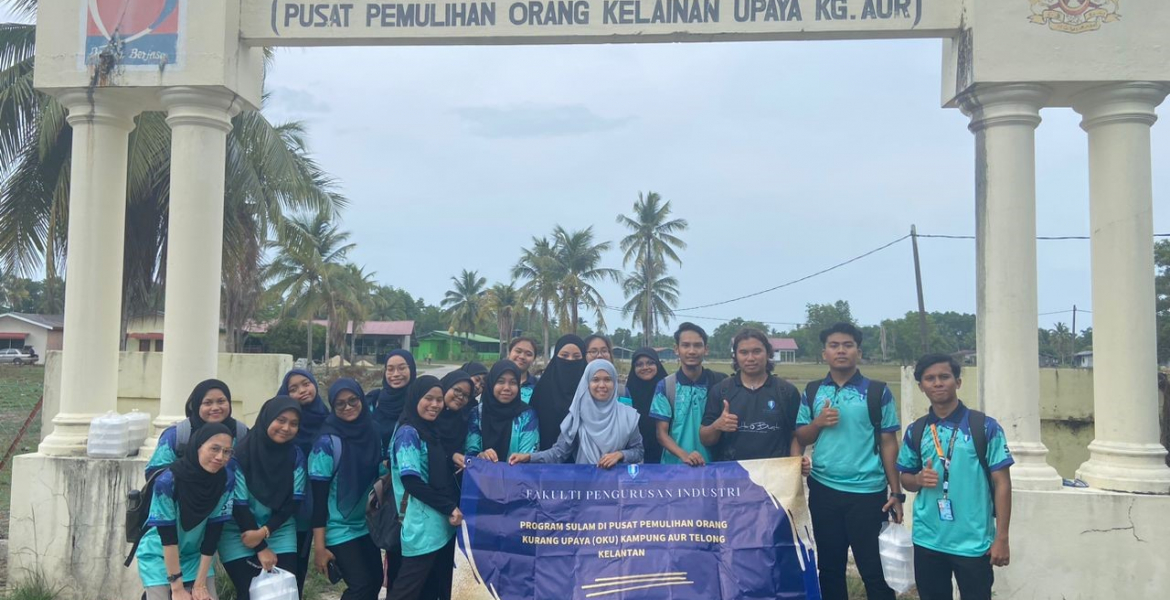
 Reports by:
Reports by: 